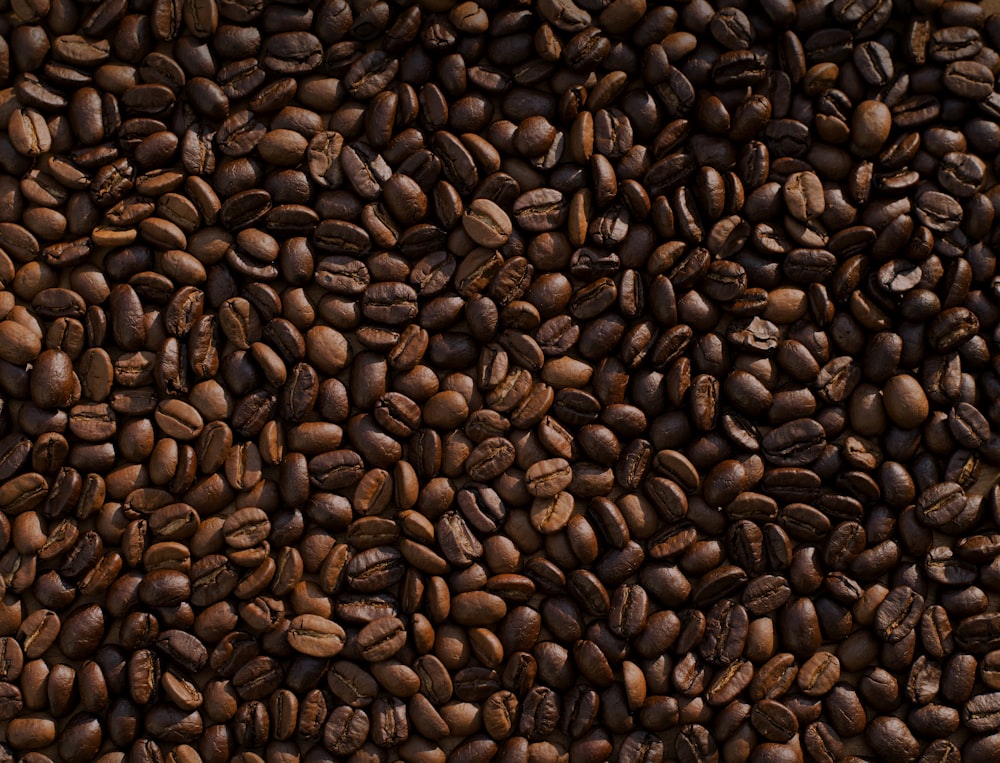It is time to wake up and smell the coffee! Coffee has been a popular drink for centuries. There are many health benefits that come with drinking a cup of joe in the morning, but there are also risks associated with it too. In this blog post, we’ll discuss both so you can make an informed decision about your habit.
Chronic kidney disease
Chronic kidney disease (CKD) is a condition in which the kidneys slowly lose their ability to function over time. This can lead to a number of health problems, including heart disease, stroke, and even death. While the causes of chronic kidney disease are unknown, there are several risk factors that can increase your chances of developing it.
These include:
- Diabetes
- High blood pressure
- A family history of kidney disease
- Age (50 and older)
- Being African American or Hispanic/Latino American
Coffee is one potential risk factor that may increase your chances of developing this disease. However, there are some potential benefits associated with drinking coffee too.
Benefits of Coffee Consumption
Coffee has been shown to benefit the liver by decreasing inflammation which can help prevent gallstones and fatty liver disease. It also contains antioxidants, which have been shown to decrease the risk for certain cancers, including liver cancer.
In addition, coffee has been linked with a decreased risk for Alzheimer’s disease and Parkinson’s disease.
Incident chronic kidney disease
Research on the link between coffee and chronic kidney disease is mixed. Some studies have shown that those who drink more coffee are at a higher risk for developing the disease, while others have not found a correlation.
However, one study showed that those who drank four or more cups of coffee per day were at an increased risk for developing incident chronic kidney disease.
Coffee and the Kidneys
While some studies have linked coffee with an increased risk for developing chronic kidney disease, others have shown that it may decrease this risk.
For example, one study showed that those who drank two or more cups of coffee per day were 27 percent less likely to develop chronic kidney disease than those who did not.
Another study showed that drinking four or more cups of coffee per day was associated with a 44 percent decreased risk for developing CKD.
So, what is the verdict? It seems that moderate coffee consumption (two to four cups per day) is safe for kidney health. However, if you are at risk for developing chronic kidney disease, it may be best to limit your intake or abstain from drinking coffee altogether.

Coffee and kidney health
It is time to wake up and smell the coffee! Coffee has been a popular drink for centuries. There are many health benefits that come with drinking a cup of joe in the morning, but there are also risks associated with it too. In this blog post, we’ll discuss both so you can make an informed decision about your habit.
The risks of coffee
Unfortunately, too much coffee consumption is associated with kidney disease risk. It can even lead to a number of health problems, including:
- Chronic kidney disease
- Heart disease/cardiovascular disease
- Stroke
- Death
It seems that moderate coffee consumption (two to four cups per day) is safe and may even offer some health benefits. However, if you are at risk for developing chronic kidney disease, it may be best to limit your intake or abstain from drinking coffee altogether.

Why coffee is good.
In addition to decreasing the risk for certain cancers, coffee has been linked with a decreased risk for Alzheimer’s disease and Parkinson’s disease. Coffee has also been shown to benefit the liver by decreasing inflammation which can help prevent gallstones and fatty liver disease. It also contains antioxidants, which have been shown to decrease the risk for certain cancers, including liver cancer.
There are many health benefits to drinking a cup of coffee but there are also phycological benefits as well. Coffee can help with brain function and can make your memory better!
Coffee will also boost your energy levels, this will keep you going throughout the day!
Your coffee consumption can actually help you burn fat but it is to be noted that long-time uses of coffee will not see as many results as someone who has just started drinking coffee.
Depression is a common mental health disorder and by drinking a cup of joe you may see a benefit. Coffee can also help with chronic diseases.
How much coffee is too much for the kidneys
So how much coffee will start to affect your kidneys? The general consensus is that if you drink more than four cups of coffee per day, your kidneys will start to suffer. This is because caffeine can dehydrate the body and when the kidneys are working hard to remove fluid from the body, it can affect their function.
Coffee also contains oxalates which can bind with calcium in the body and form calcium oxalate crystals. These crystals can cause kidney stones, so if you are at risk for developing kidney stones, it is best to limit your coffee intake.
kidney function is very important for your health so making sure your kidney function is the best it can be try to keep under five coffees a day.
Make sure your coffee drinking habits are safe by sticking to our tips.

Should you add anything to your coffee?
There are many supplements you can add to your coffee to give you an extra boost on top of the caffeine. We recommend adding Java Burn to your coffee. This supplement will boost your metabolism and will help your burn fat fast!
Java burn also helps you feel less hungry so you can stick to that diet you have been wanting to give a go for ages.
One of the best things about Java burn is that its 100% natural!
What are other ways to reduce the risk of kidney disease that doesn’t involve giving up caffeine or coffee?
If for whatever reason you cannot drink coffee it is important to know that there are other ways to reduce the risk of kidney disease.
Your best bet is eating a healthy diet and sticking to your exercise routine! On top of these two things, we recommend adding Java Burn into your daily life as well. This way, you will be getting the benefits of coffee as well as reducing your risk for kidney disease!
Drinking plenty of water is also important, especially if you are working out. When you sweat, you lose fluid and it’s important to replace that fluid by drinking lots of water. This will help keep your kidneys functioning properly.
Other ways to get a boost in energy without risking your kidneys.
There are many ways to boost your energy levels without having to drink coffee. One of the best ways is to get a good night’s sleep. When you’re well-rested, you’ll feel more energetic and alert. getting more sleep also leads to having a better memory and a sharper mind!
Another way to boost your energy is to eat healthy foods. Eating balanced meals with plenty of fruits and vegetables will give you the nutrients you need to feel energetic.
Finally, exercise is a great way to get an energy boost. Exercising regularly will make you feel more awake and alert, and it’s also great for your overall health.
Final Thoughts
Coffee is a popular beverage that many people enjoy on a daily basis. Most of the benefits are well-documented but there are also some potential risks associated with drinking coffee, especially if you drink more than four cups per day. If this sounds like you and you want to avoid these risks altogether, try limiting your intake or switching to tea! If not, be sure to consult our tips for healthy coffee consumption in order to keep your kidneys functioning at their best while still enjoying your favorite morning ritual.











